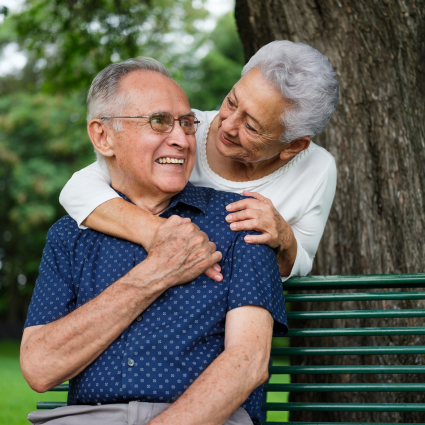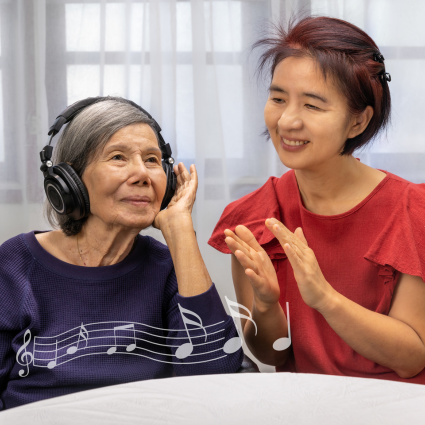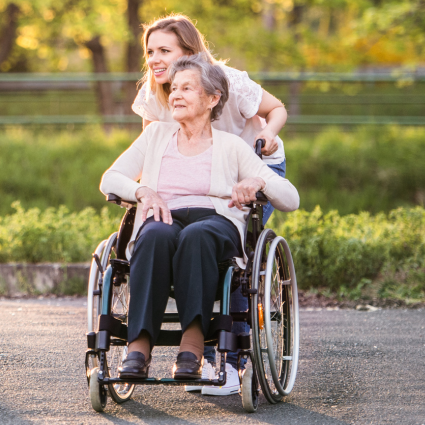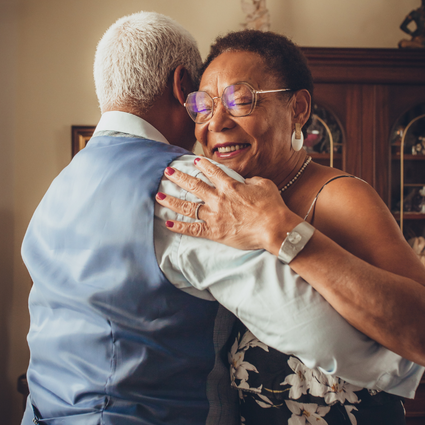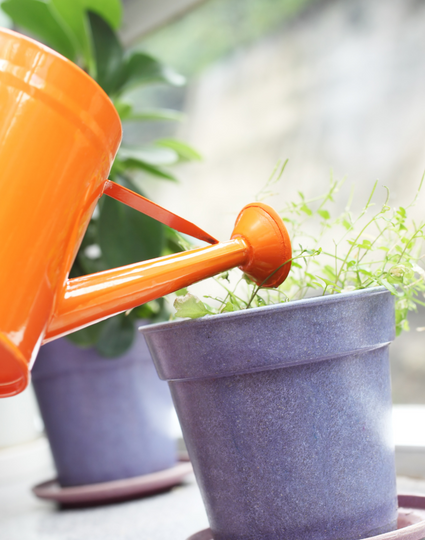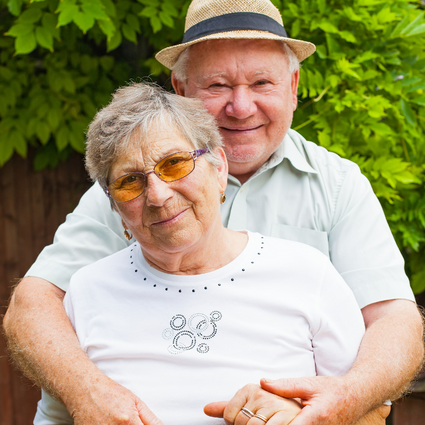As people become older, the amount of help needed often increases. Sometimes, the amount of support needed becomes more than a caregiver can handle, or is capable of providing. It is during these times that it is important to remember that it’s ok to ask for help.
respite
Along with cognitive decline, many individuals living with dementia will develop behavioral and psychological symptoms such as depression, anxiety, apathy, and delusions, among others. Both non-pharmacological and pharmacological interventions can potentially reduce these symptoms.
Relationships change over time, and when it comes to parents and their children, this feeling of “role reversal” is quite common. Adult children may find themselves “parenting” their elderly parent. This transition is challenging for both parties and may leave everyone involved feeling vulnerable and confused.
We all know the saying, “April showers bring May flowers.” These rain-filled days often mean being indoors and finding ways to stay active at home. From reading and listening to music, to sharing in household tasks, there are so many activities that you and a family member with dementia can enjoy together.
Montessori is an educational philosophy that can be applied to any age group. It focuses on individual development and meeting the person where they are. In older adults, the Montessori approach is primarily used to foster independence and a sense of self-worth.
One can agree that to love and be loved is a magical feeling. People of all ages find joy in romantic relationships. However, these relationships can look different when a partner suffers from dementia or other cognitive disorder.
As a caregiver, it’s easy to lose yourself to the endless lists of to-do’s that come with meeting your loved one’s ever-evolving and sometimes overwhelming needs. With the New Year getting under way, we challenge you to take a deep breath and resolve to Live Well, Laugh Often, and Love Much in 2023.


